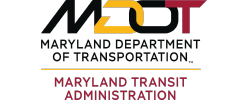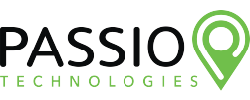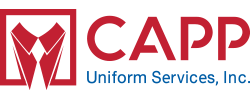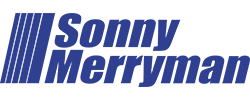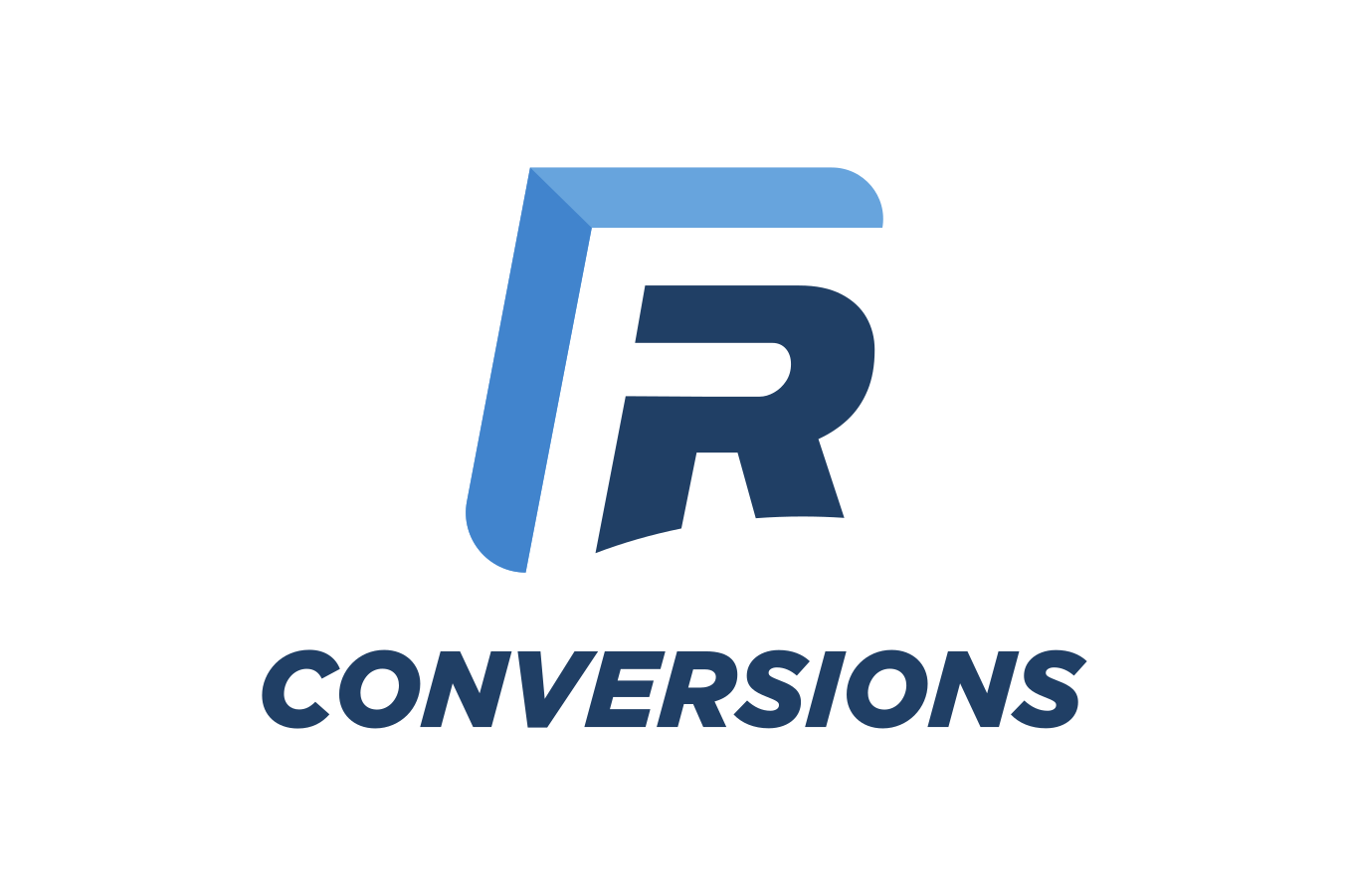|
Conference Presentations As they become available, TAM will post copies of the conference presentations here on the Conference Sessions Page. Tuesday, October 7 Sessions Accident Reporting - Presented by Kelly Shawn of RLS & Associates Practical AI - Presented by John Thomas and Matthew Mohebbi of ITCurves, Heather Aguallo of Allegany HRDC, and Elizabeth Harper of Allegany County Transit You have a grant - now what? 5310 Session - Presented by Cydney Dickens of MDOT MTA Wednesday, October 8 Sessions Time Management and Prioritization for Transit Leaders - Presented by Lynn Scarbath Berger of Strategic Evolutions, LLC
Microtransit, Macro Impact - Presented by Sandy Brennan and Jessica Klion of Foursquare ITP, Sam Snead of Anne Arundel County Transit, Kwaku Agyemang-Duah of City of Annapolis Foursquare Presentation City of Annapolis Presentation Foundational Skills for Transit Workers - Presented by Julie Deibel-Pundt and Maurice Beard of the Transit Workforce Center (TWC) Procurement (for Transit Agencies and Nonprofits) - Presented by Joel Eisenfeld and Sue Knapp of KFH Thursday, October 9 Sessions Safety Committee in Action - Presented by Suzanne Kalmbacher and Kim Stayman of Cecil Transit Transit Worker Mental Health - Presented by Sandy Brennan and Brian Siegal of Foursquare Introduction to TDM - Presented by Nikki Trasmonte, MDOT Commuter Choice; Kirby Wilhelm, MDOT MTA Office of Local Transit Support; Christian Bacon of Prince George's County DPW&T; Mary Dennis and Jaime McKay of Transit Services of Frederick County De-Escalation and Customer Service with Problem Passengers - Presented by Michael Noel of Noel Consulting |

